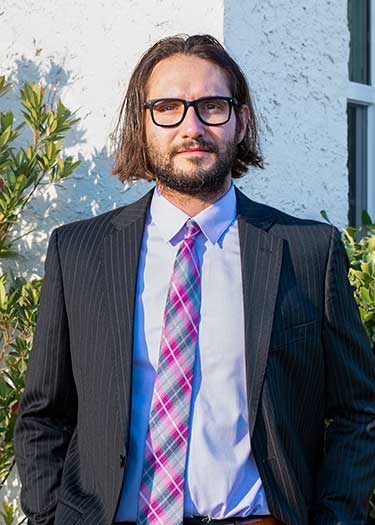Can a person sue the state (and its agents) for violations of their rights under the Nevada Constitution? The Supreme Court of Nevada ended 2022 by answering this question in the affirmative, at least regarding unreasonable searches and seizures. In the recent landmark decision, Mack v. Williams, 138 Nev. Adv. Op. 86 (Dec. 29, 2022), the en banc court unanimously held that a private right of action for money damages exists to vindicate violations of search-and-seizure rights under the Nevada Constitution.
The Supreme Court of Nevada further held that qualified immunity, ”a federal, judicially created doctrine that immunizes state, local, and federal officials from liability for discretionary functions unless (1) the official violated a federal constitutional right, and (2) the right was clearly established at the time the challenged conduct occurred,” does not apply to a private damages action under Article 1, Section 18 of the Nevada Constitution. These are pivotal holdings in the landscape of civil rights law, especially as states, rather than the federal government, become more important protectors of our civil rights.
While Mack only considers Nevada’s prohibition on unreasonable searches and seizures, the logic underlying the Mack decision may extend to other rights protected by the Nevada Constitution, such as the right to free speech (Article 1, Section 9) and the right to assemble (Article 1, Section 10). Thus, plaintiffs should be certain to file causes of action for violations of both the U.S. Constitution and the analogous provision of the Nevada Constitution if filing in federal court. Critically, even if a court finds that qualified immunity bars a claim brought under 42 U.S.C. § 1983, the analogous state constitutional claim survives.
Further, some practitioners may avoid federal court altogether and trade the entitlement to fees for prevailing civil rights plaintiffs enshrined in 42 U.S.C. § 1988 in for the many benefits for plaintiffs in litigating in state court.
About this article: This article was originally published in the “Five Things” issue of Communiqué (Feb. 2023), the official publication of the Clark County Bar Association. See https://clarkcountybar.org/member-benefits/communique-2023/communique-february-2023/
About the author

Leo Wolpert is an attorney at McLetchie Law, focusing on civil rights litigation, defamation defense, public records litigation, and cannabis law.
Pro Bono Opportunity
The Federal Pro Bono program offers interested attorneys the opportunity to take a 1983 case. This an excellent opportunity for attorneys to expand their presence in the community, learn a new area of law, and gain practice in the federal arena. The program provides pro bono attorneys mentors, sample pleadings, CLEs, and additional support. Pro bono attorneys receive one hour of CLE credit for every three hours spent on a pro bono matter (up to 4 CLE credits).
To see available pro bono opportunities visit their website https://www.lacsnprobono.org/available-cases/
© 2023 Clark County Bar Association (CCBA). All rights reserved. No reproduction of any portion of this issue is allowed without written permission from the publisher. Editorial policy available upon request.
